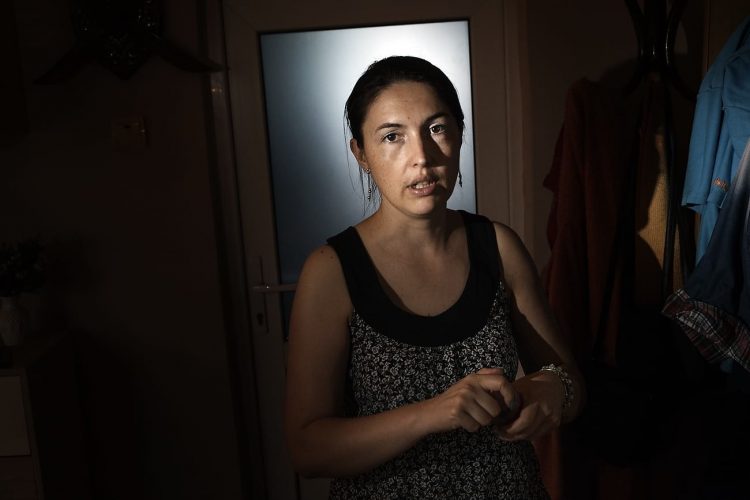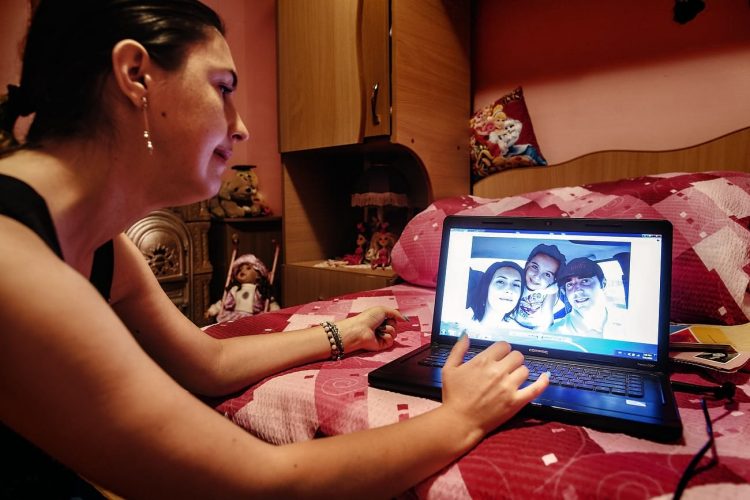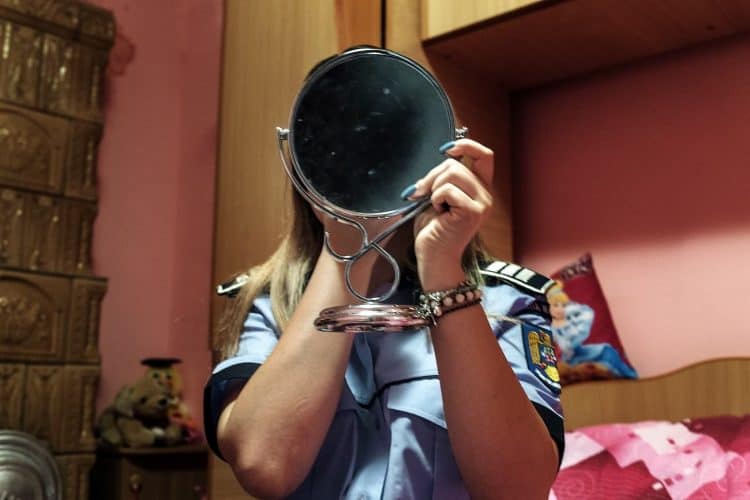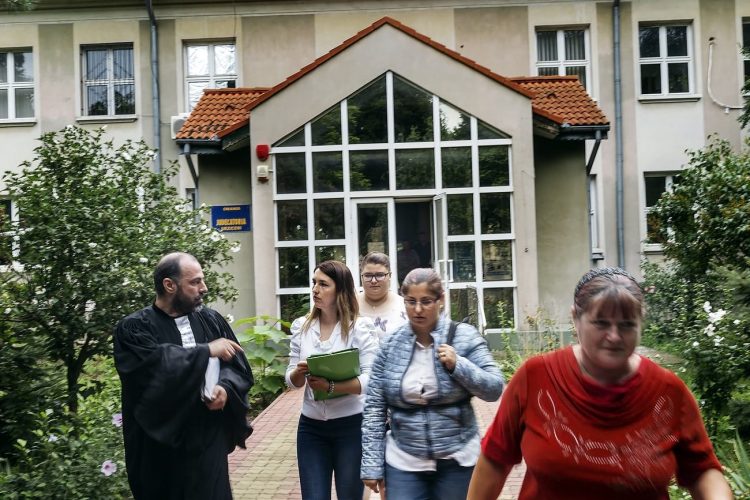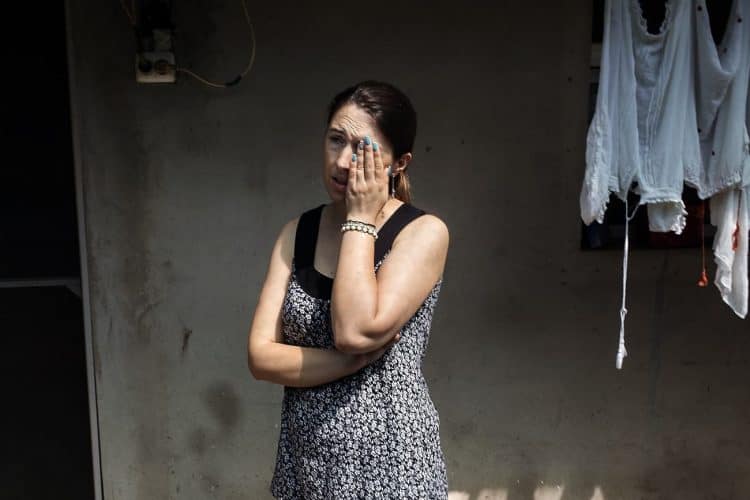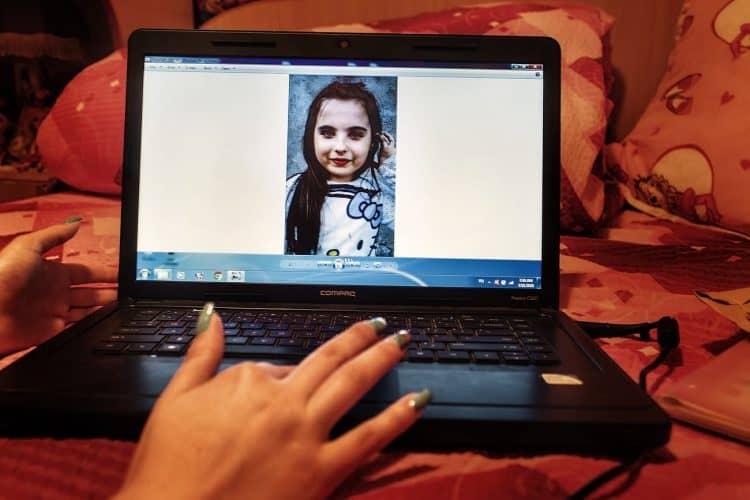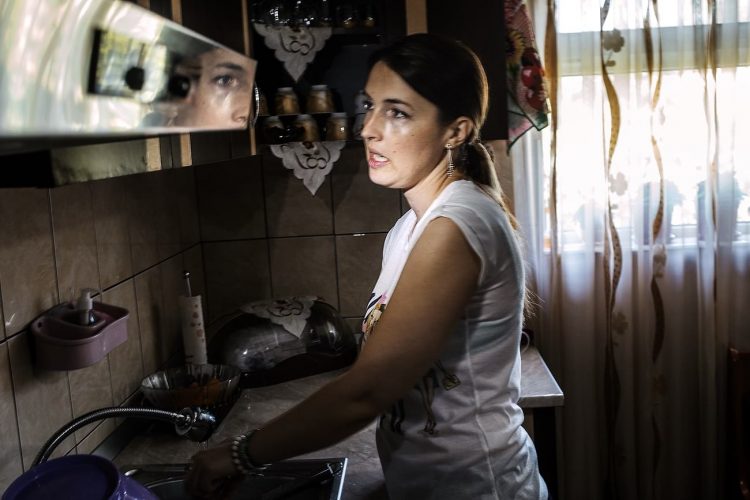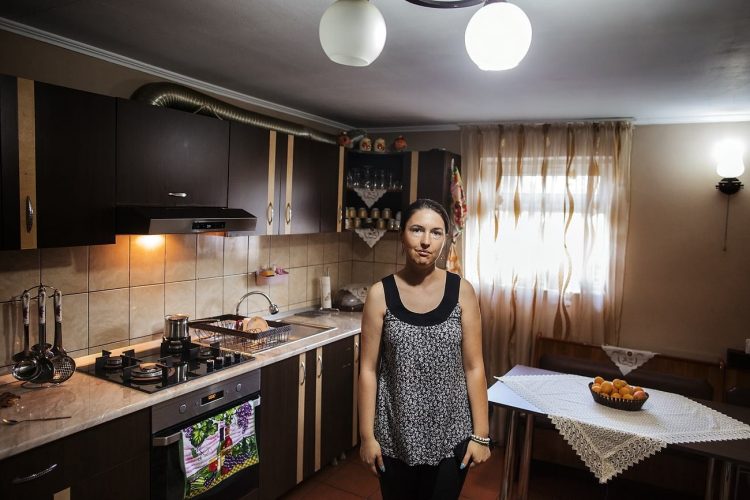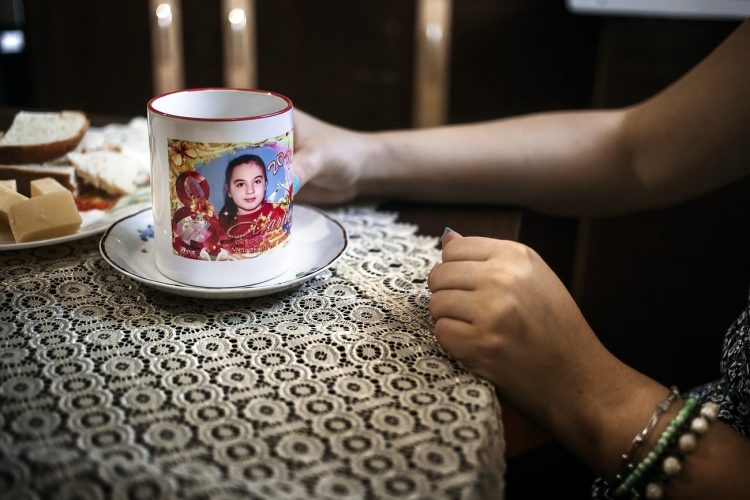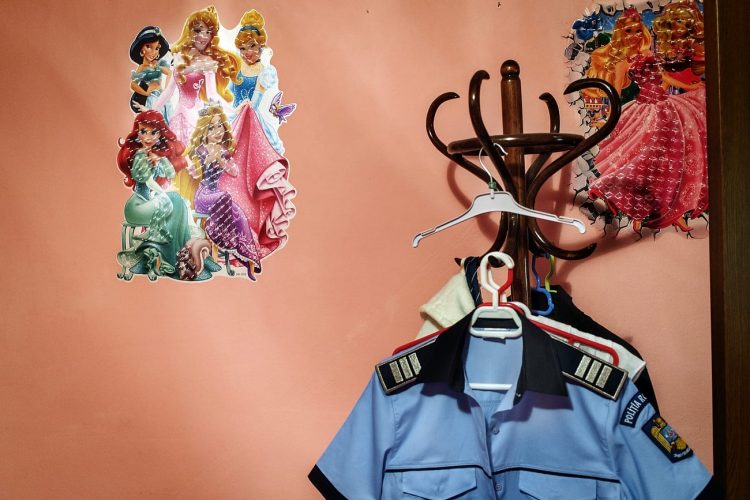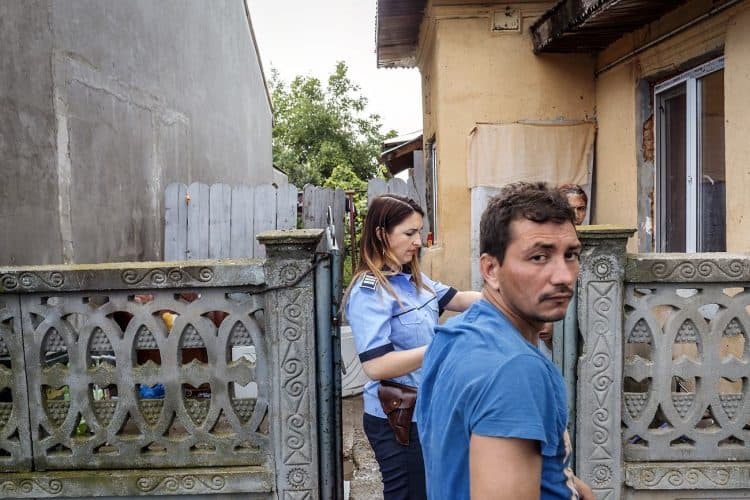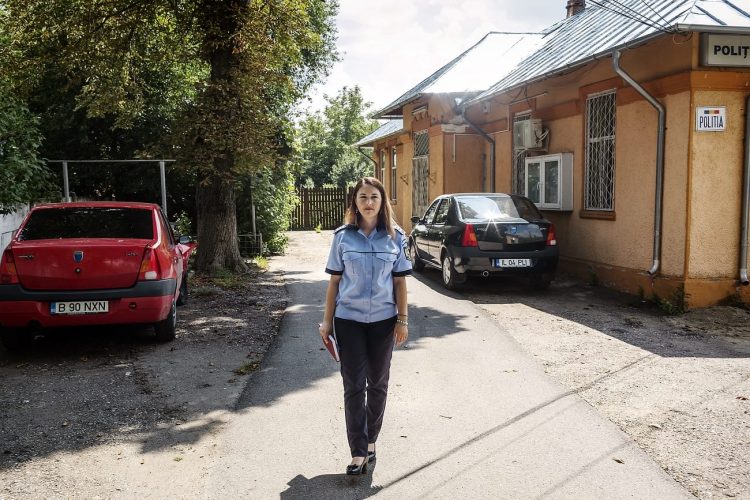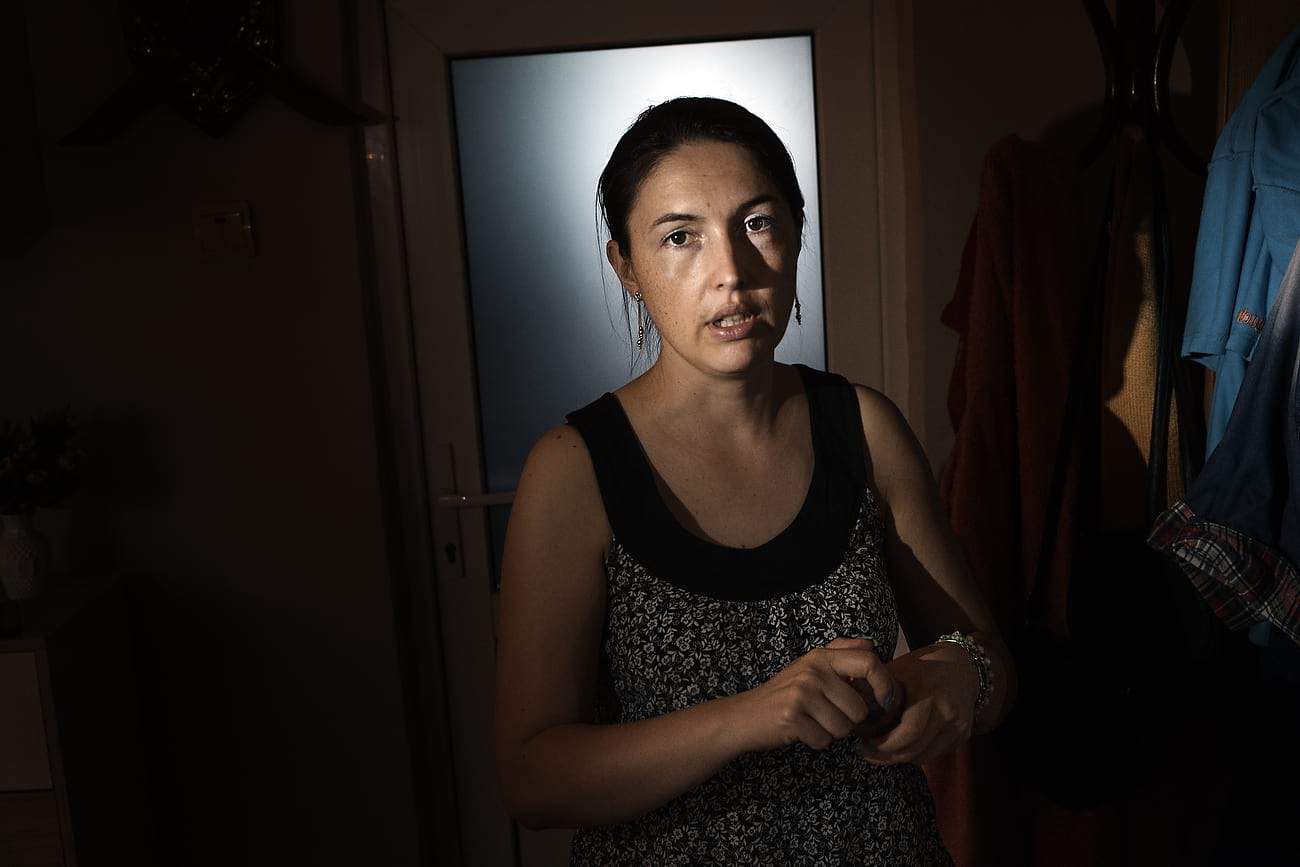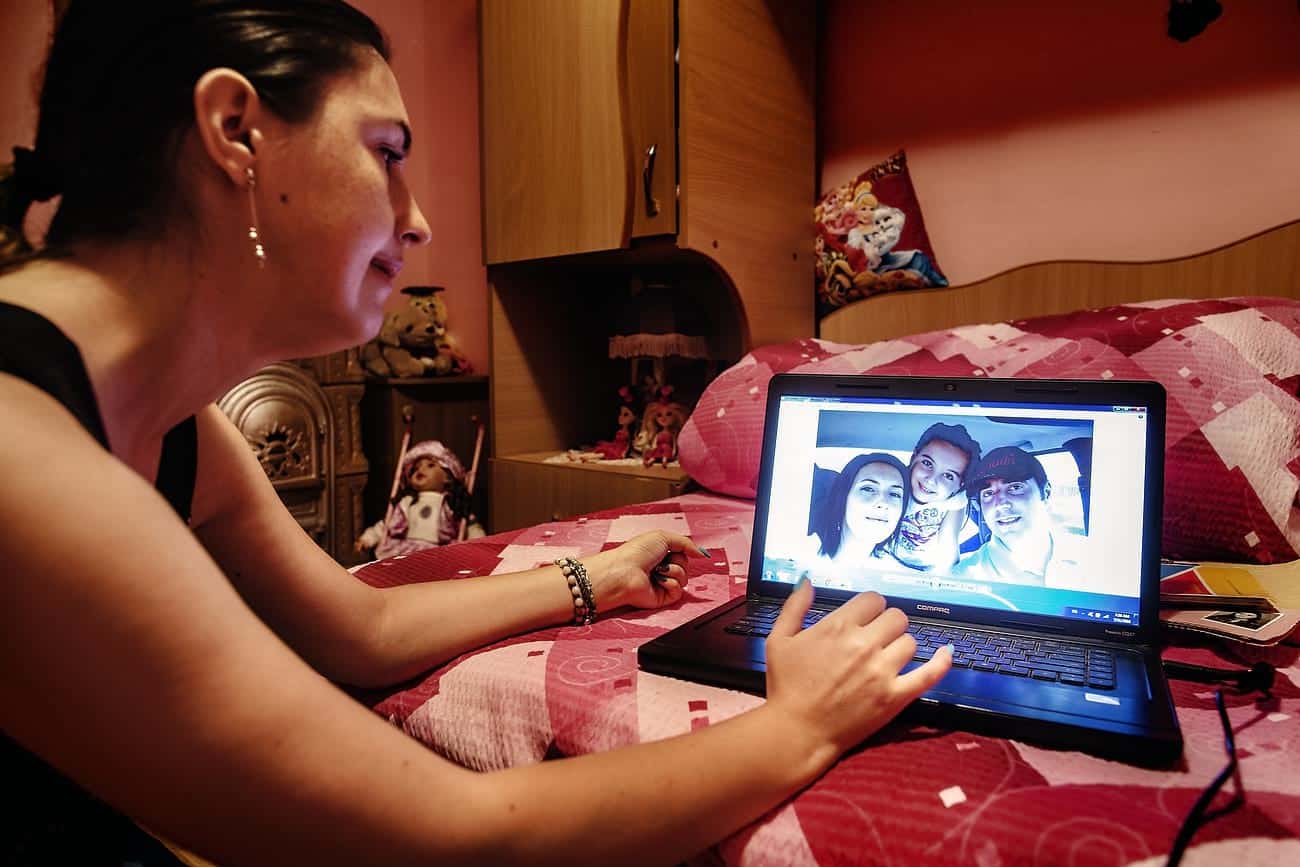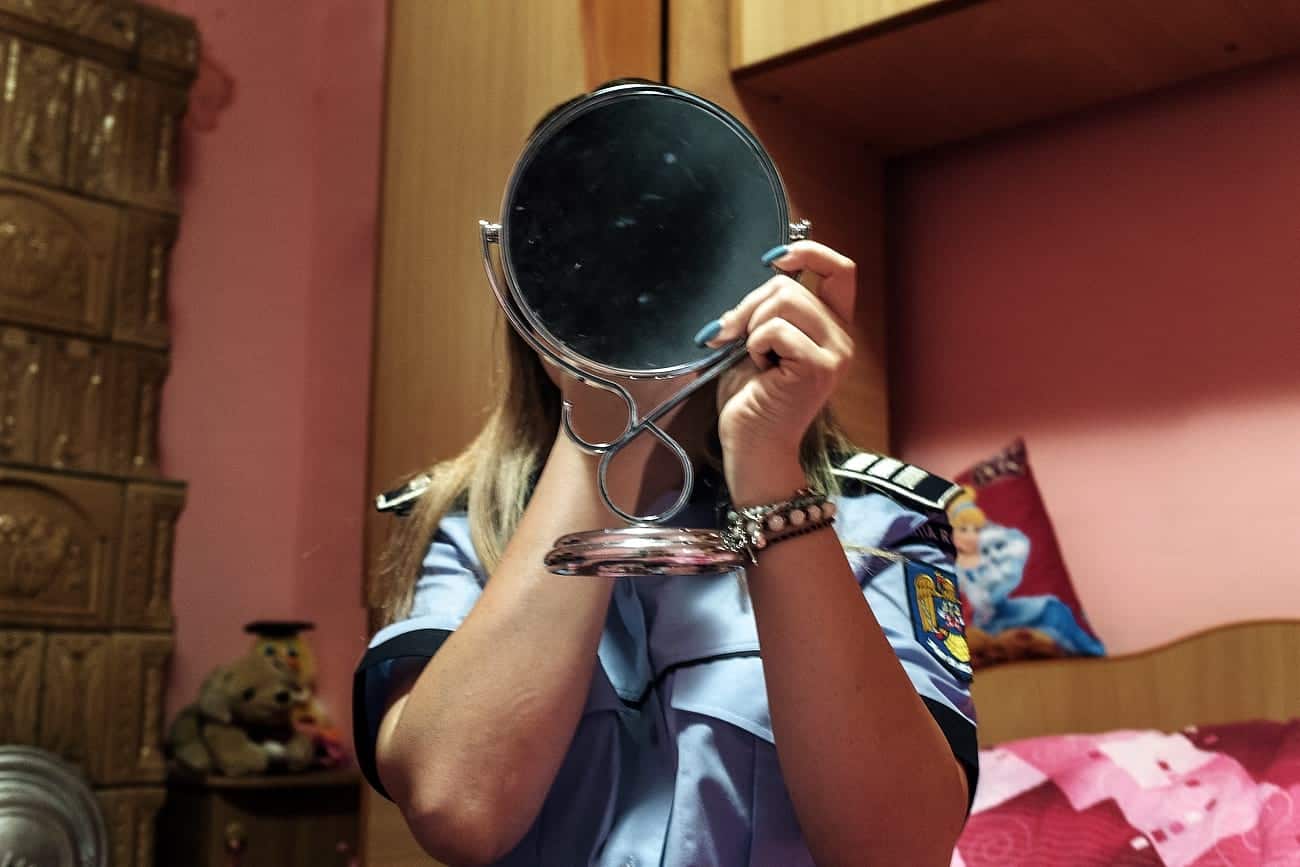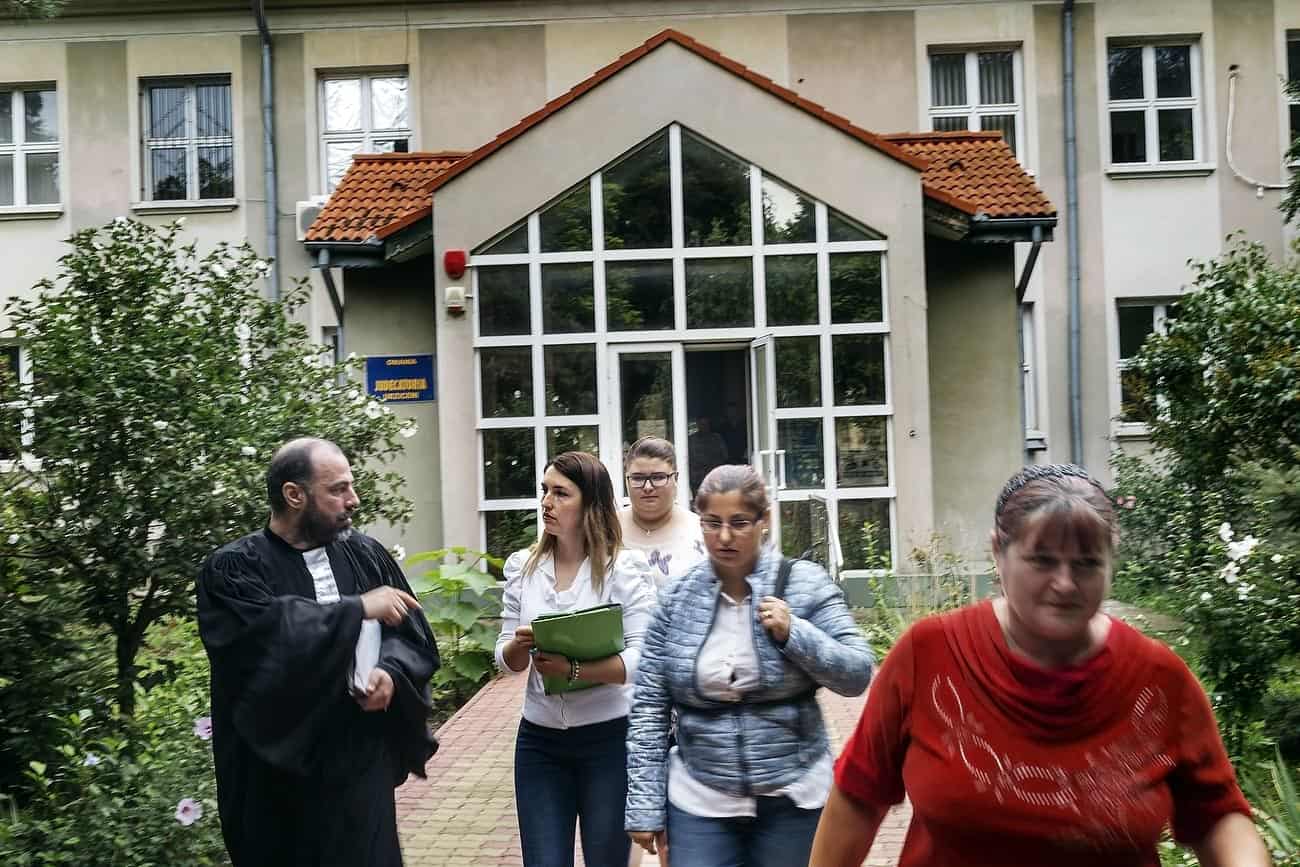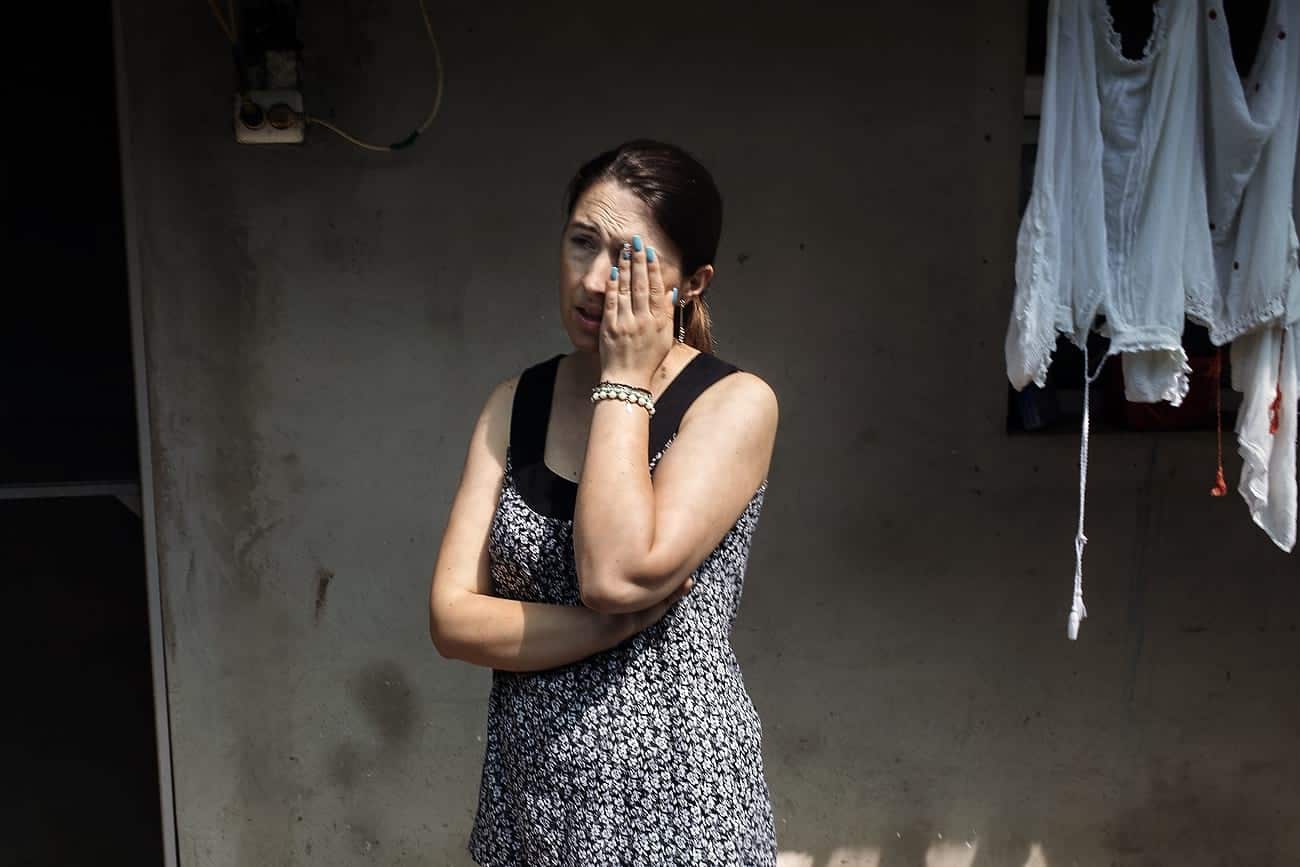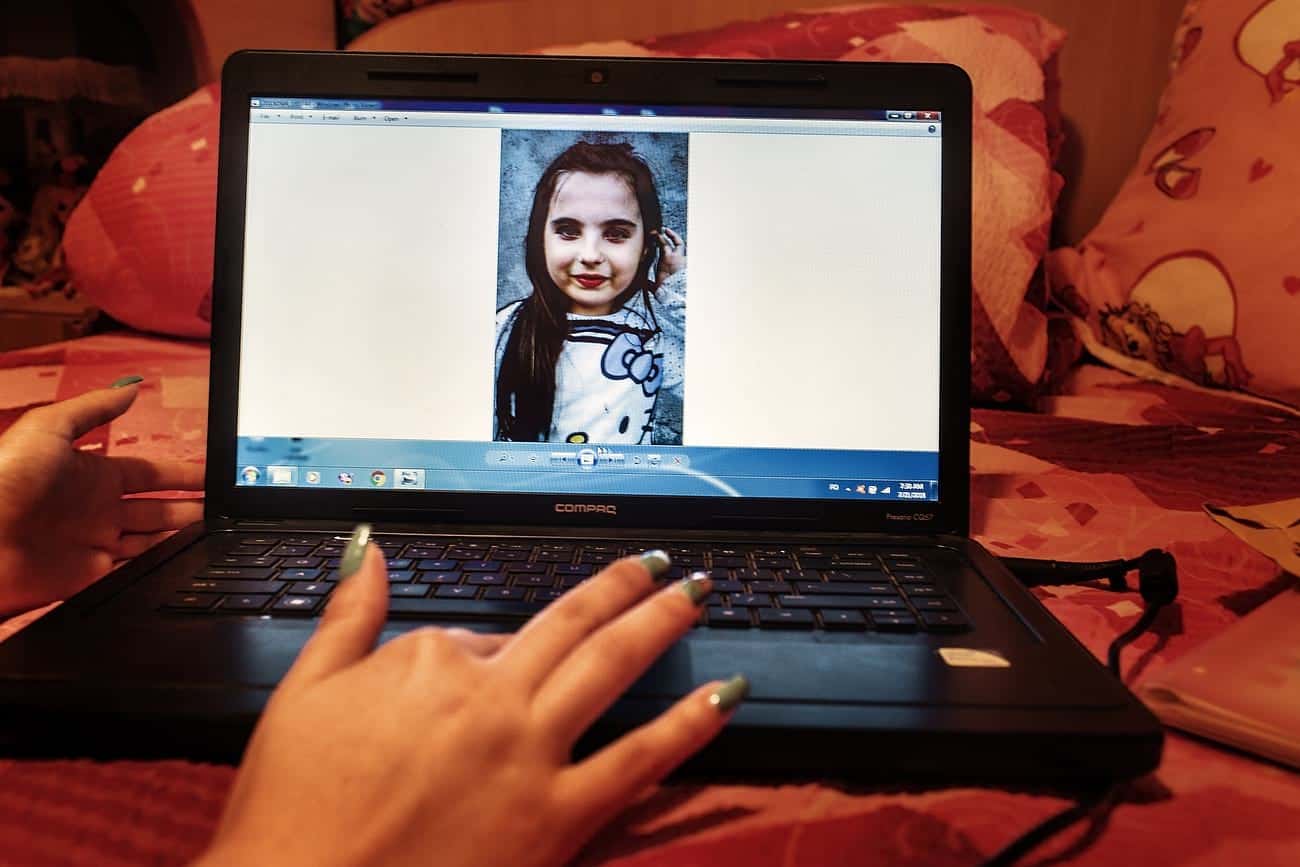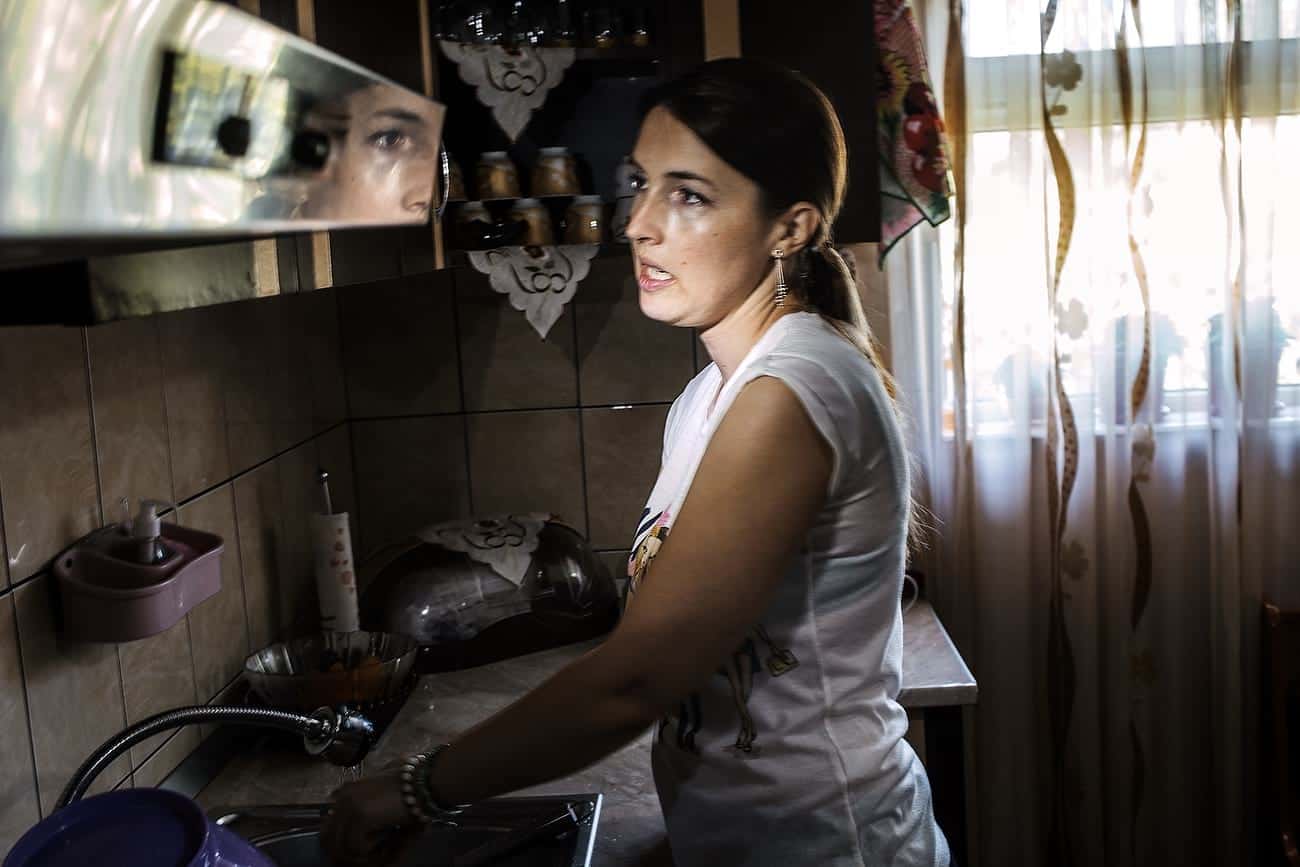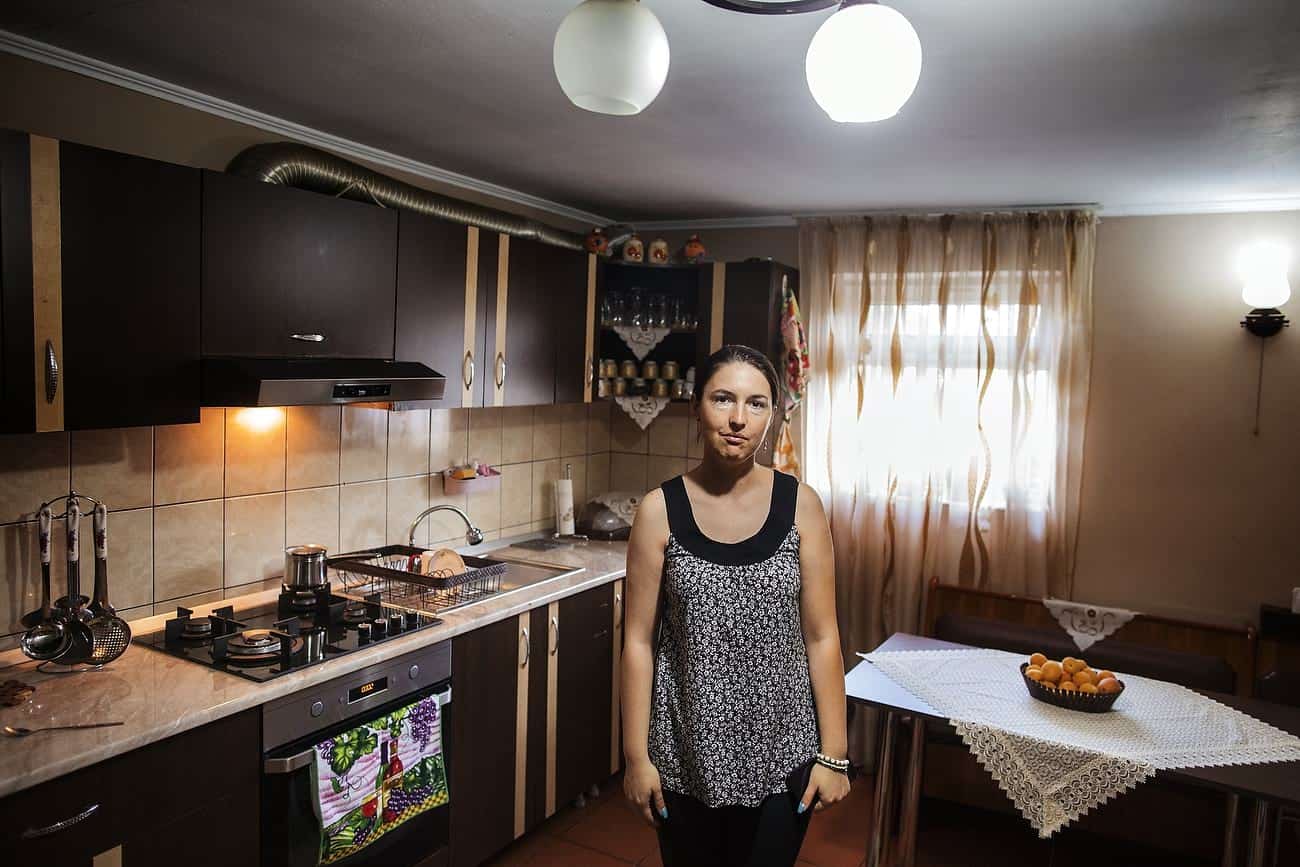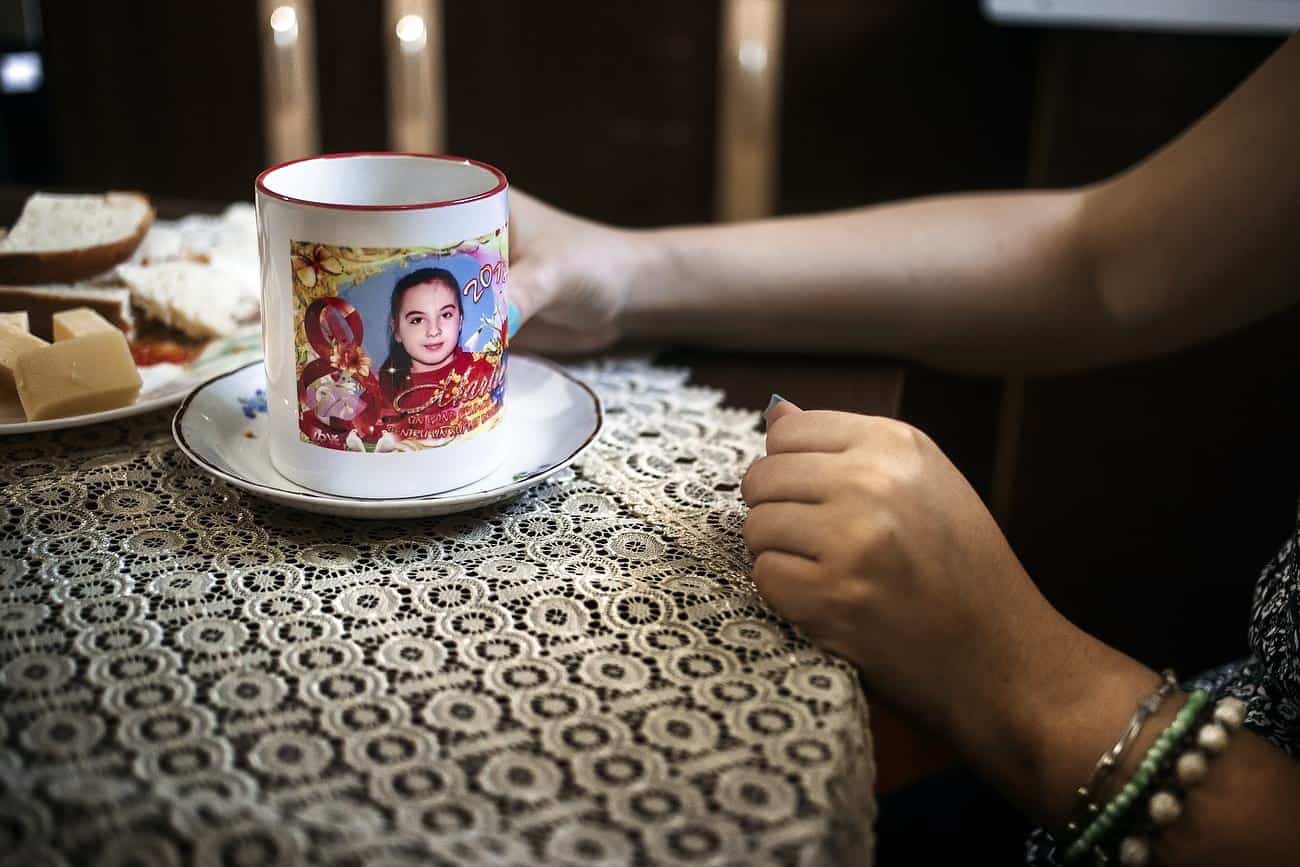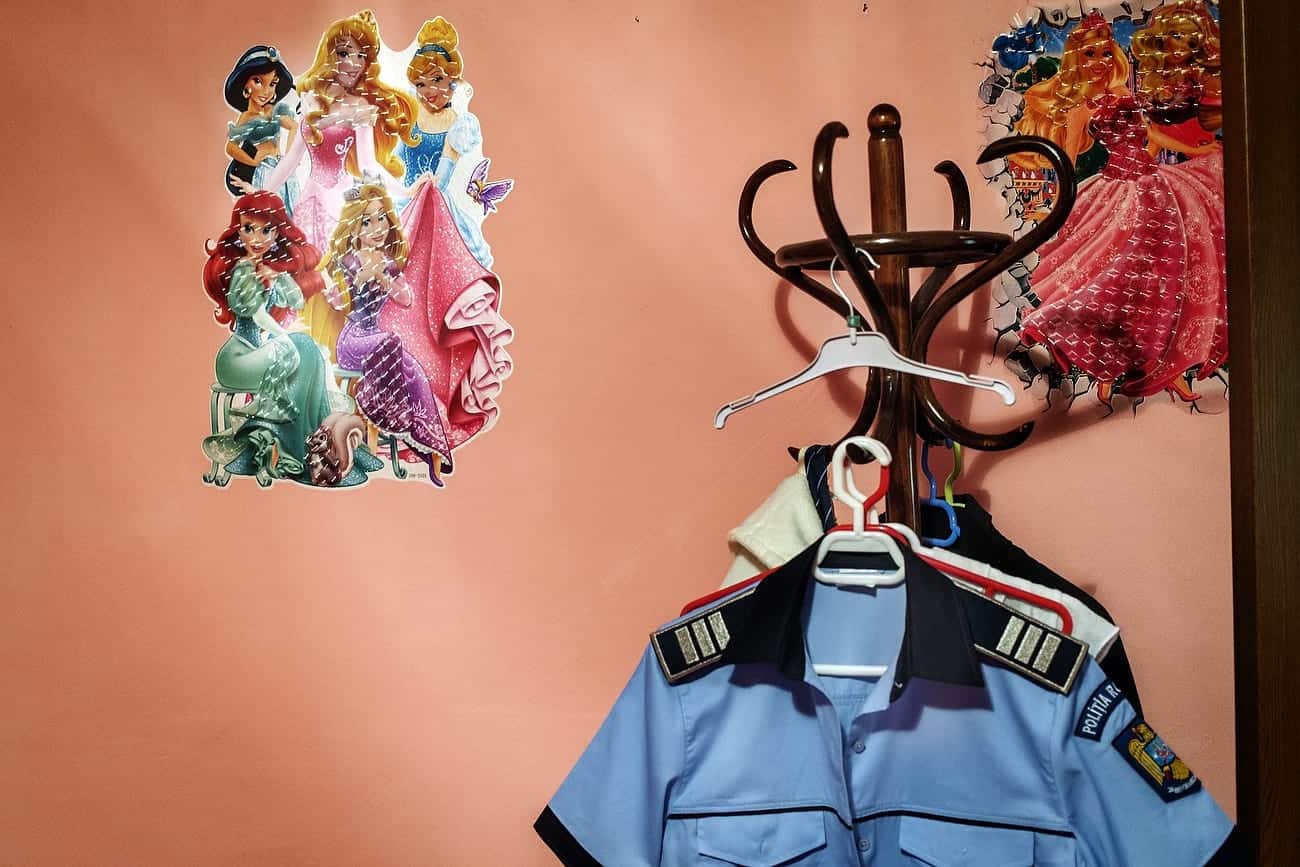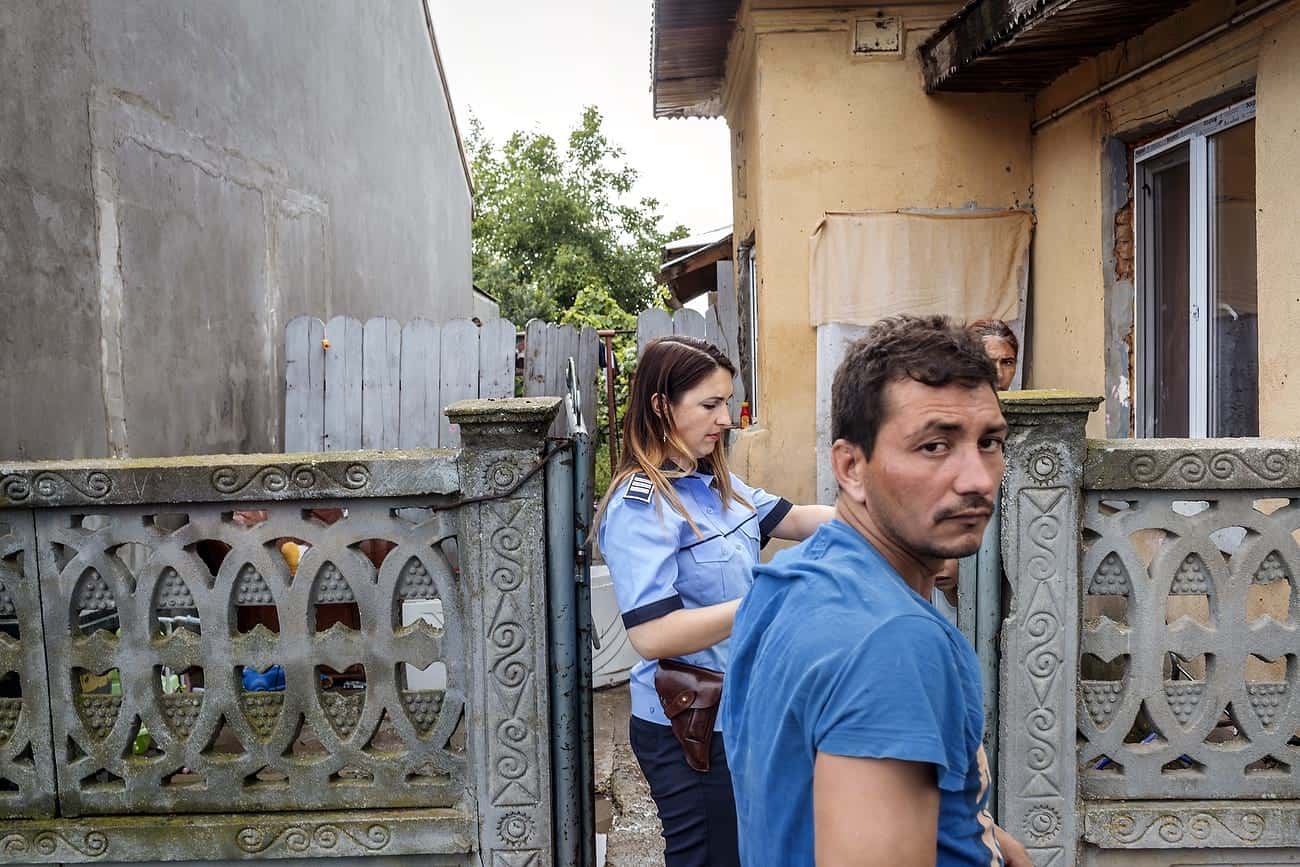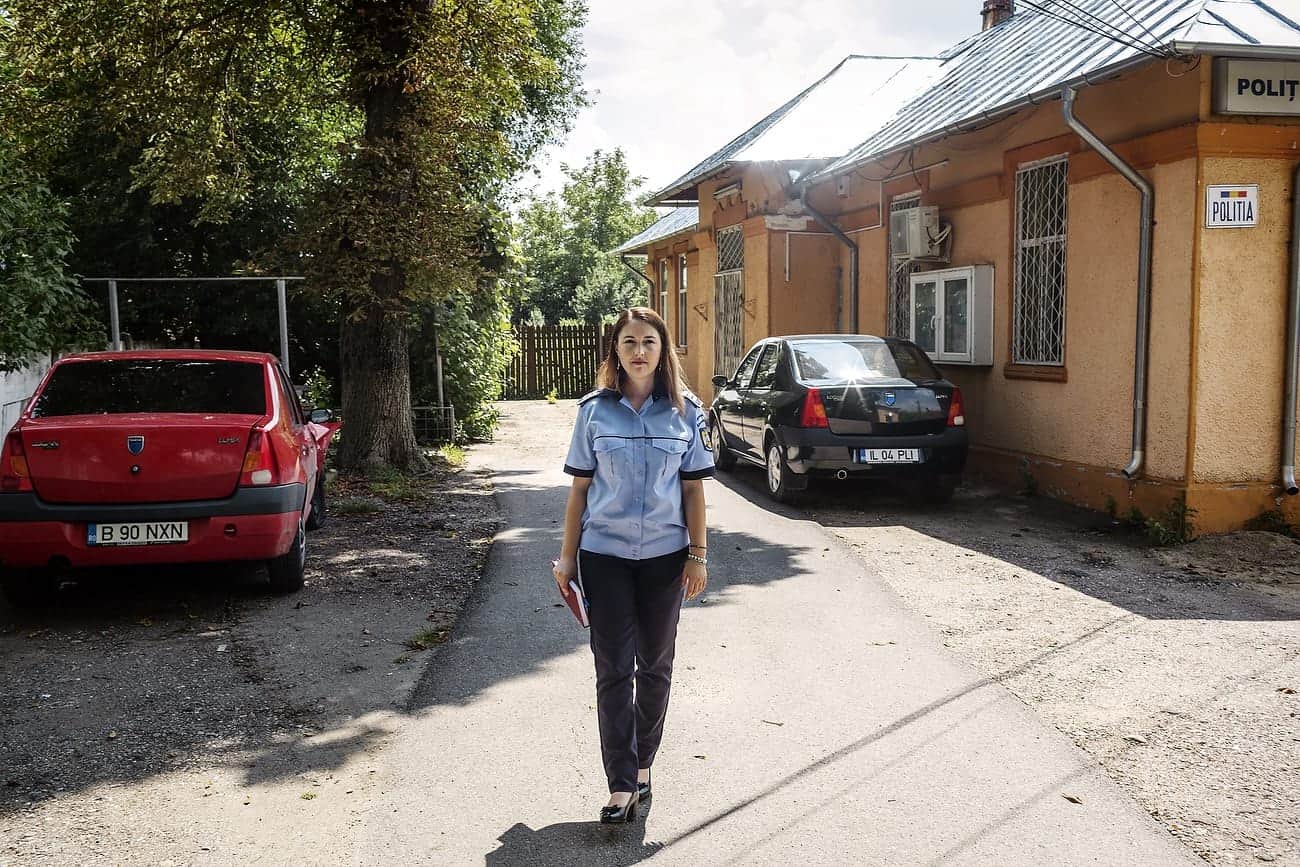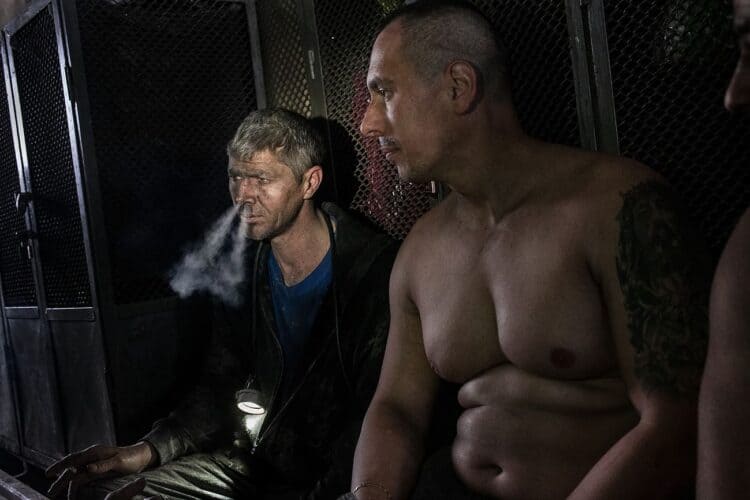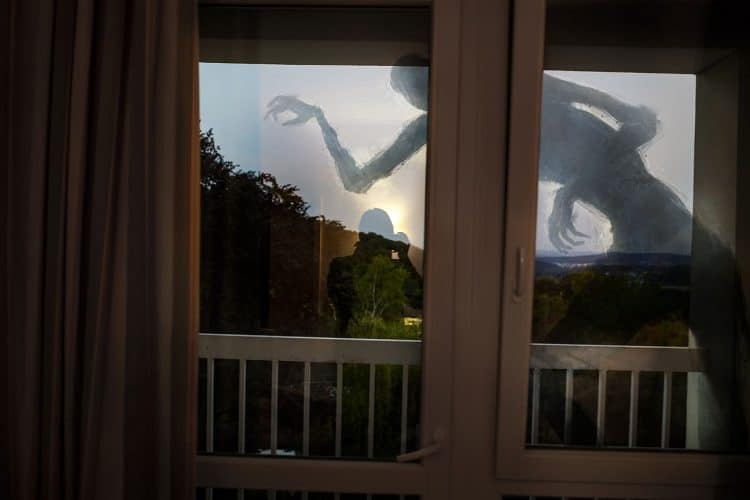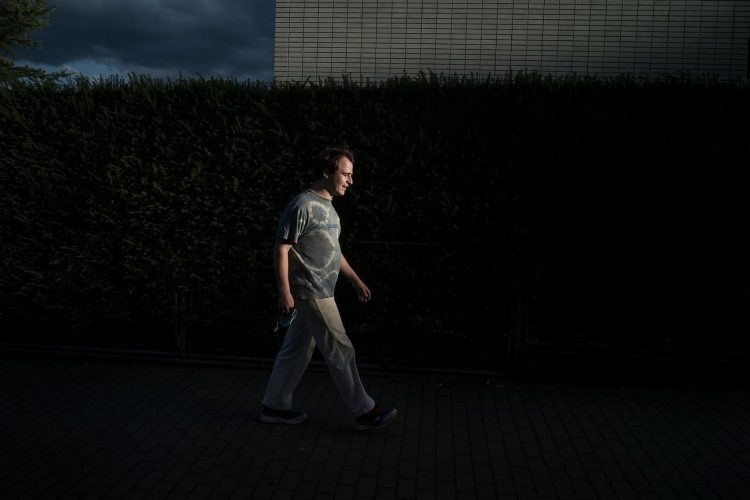Ancuta, a young girl barely 18, met Lucian in October 2003, through Mirc, the first social network, very popular in the early 2000s. In 2005, on the day of the police school graduation ceremony in Campina, the future husband, along with his father, made sure she was assigned to Ialomițta County and took her with them, without letting her go home. Everything happened so quickly that the young woman didn’t have time to realize what was happening to her.
In 2006 they got married, and although she mentioned that she did not want to live together with her parents, she believed when she was told that his parents would move to their grandparents’ house.
At first, everything was fine, and to strengthen their family, they decided to have a child. In December 2008, near her birthday, their daughter was born, a cause for great joy. Ancuta went on maternity leave and dedicated the first two years to caring for and raising their daughter. Even before Marina’s birth, Ancuta enrolled in college, attending part-time courses.
Ancuta noted and immortalized the most important moments since her daughter, Marina, was in her belly. Marina easily and well integrated into both kindergarten and school, being a very well-behaved child.
Around the same time, her mother-in-law, a former lab assistant, retired due to illness. She didn’t give many explanations about her condition, only implying that it might be a thyroid gland disorder. Later, Ancuta learned, also from her mother-in-law, about several episodes of depression she had suffered in her youth, the real reason for her retirement.
Her father-in-law, also retired, consumed alcoholic beverages and became verbally aggressive, swearing loudly at everyone, from priests, policemen, to passers-by.
The quarrels between the mother-in-law determined almost daily arguments between Ancuta and her father-in-law. These arguments escalated to the point where her father-in-law would disappear from home for a few days. Often, with no one knowing where he was, her mother-in-law was forced to call the police. They either found him in his workplace accommodation or picked him up drunk from the edge of the village. To prevent him from reacting, when she wanted to scold him, she would go to his workplace and nag him until she received confirmation that it wouldn’t happen again. Even in these circumstances, such episodes occurred at least monthly.
The mother-in-law went so far as to file for divorce when Lucian was 20, but she changed her mind when her lawyer warned her that as a result of the partition action, she would have to compensate her husband for the time spent together.
In times of maximum tension, the mother-in-law deprived her father-in-law of the right to see his son, forcing him to ask the neighbors when Lucian went out to play so he could come and see him.
Furthermore, the mother-in-law had a restrictive attitude towards her father-in-law, never leaving him any money within reach, and rationing out cigarettes, claiming that if she left him the money, he wouldn’t stop until he had drunk them all.
Lucian’s grandmother also lived in the house. She also always had something to say to everyone in the house, constantly reminding them of her life experience.
After Ancuta resumed her job, her mother-in-law agreed to take care of the child while she was at work.
Gradually, Ancuta began to become more aware of her mother-in-law’s control over her son. All the plans agreed upon with Lucian were changed or canceled by her mother-in-law for various reasons.
Her husband consulted his mother on all matters. Their social life consisted only of occasional visits to a few of Lucian’s relatives. Any attempt at socializing with the families of Marina’s schoolmates was thwarted by her mother-in-law.
In order to avoid arguments, Ancuta had to accept this situation. However, her lack of reaction caused unjustified demands and abuses from her mother-in-law and husband to increase, making the situation increasingly difficult. If she bought something for Marina, she was scolded, reproaching her for not buying something bigger that she could use the following year. The same went for toys, no matter what she did, nothing was pleasing to the mother-in-law and son duo.
The pressure from the others in the house was so great that Ancuta found it increasingly difficult to know whether what she was doing was right or not.
Slowly, it became increasingly clear that the man she married was in a relationship of total subordination to his mother. Although initially he promised Ancuta that he would help her adapt and integrate into the new family, he did nothing to protect her from the psychological abuse she was subjected to by her mother-in-law.
His dependence on his mother also emerged from an episode from his youth that Lucian shared with his wife. According to him, during high school in Bucharest, he suffered from depression due to the inability to adapt to life away from his parents, an episode that made him wish to end his life by jumping from a height. In the end, he gave up this plan of suicide.
In 2010, Ancuta’s husband underwent eye surgery, intended to help him avoid wearing glasses. Although the costs of this intervention were around 10,000 euros, being a health matter, Ancuta unconditionally supported him.
Postoperative medical recommendations required him to avoid exertion, stay away from dust, not to bend suddenly, etc. The corneal readjustment was supposed to occur gradually over the course of two years.
Although a year after the surgery everything was going well, a visit to Dr. Monica Pop, for the reimbursement of the surgery, left Lucian, according to what the doctor said, believing that the operation performed in Hungary would leave him blind. This information triggered a new episode of depression.
Ancuta tried to encourage him and convince him to wait for the two years to pass in order to fully evaluate the results of the surgery, especially since his vision was improving and certainly not progressing towards blindness.
To overcome the depression, he consulted a doctor, followed a treatment, and gradually, as his vision improved, apparently recovered from the depressive state.
